It’s strange how quickly we all forgot about Ebola. Speak for yourself, you might say — and I will. Until a friend sent me a report this week on the progress of the epidemic, Ebola had, I’m sorry to say, almost faded from my mind. The report contains good news: where the outbreak was worst, in Liberia, there are now just five cases left. Ebola treatment centres are shutting down, unneeded — and I was delighted but also ashamed. I have been to Liberia and written about it and I had thought last year that I cared tremendously about its fate, more than others, perhaps. My heart bled even as my mind ran rat-like to my kitchen to make an inventory of canned goods.
I thought I cared — but did I? The uncomfortable truth, looking back, is that my concern swelled and faded with the media coverage. Out of print meant out of mind, though I know that no news does not necessarily mean good news.
We rats like to spread the blame, so I’d say what’s true of me is true of most of social media’s #carers, and most politicians, too. All that breast-beating when it suits a tweeter to advertise the global scope of their compassion; all that cash suddenly announced when the PM wants rid of the dead-weight of aid money. Thereafter, a simple, terrible lack of interest.
Nor are charities exempt from fair–weather caring. An honest effort from a charity has to be about more than just raising dosh. They get no points for posting pictures of dying African children and taking donations, because that’s as much in their own interests as in Africa’s. ‘Crisis’ funds are rarely ring-fenced, and can be liberated later for the more exciting work of lobbying politicians and writing pamphlets.
So one useful measure of a charity’s genuine concern must be in how quickly and aptly they respond, and how sustained their interest is. If a charity is both slow to react and neglects to document the suffering country’s recovery, then it can’t really be said to care.
Médecins Sans Frontières were the first and best responders to the Ebola epidemic in West Africa. They still lead the aid effort and their website bulges with information, updated daily. Oxfam scores less well. Ebola struck Liberia in March last year. A Mr -MacDonald, Oxfam’s boss in the region, said they ‘first became aware of the outbreak in May’ but assumed it would be shortlived. In May? What on earth can they have made of MSF, who were there in their hazmat spacesuits from March? Perhaps they thought it was fancy dress; or perhaps Oxfam’s men were lost ‘in the field’. I remember ‘the field’ in Liberia, the beachside cafés where the aid workers and NGO staff collected after lunch. Drivers idling in stencilled Land Cruisers in the café car-park while their masters spent the afternoon drinking Elephant beer and watching young Liberian girls do handstands on the sand.
This week, as if they had led the aid effort, Oxfam has called for a multi-million-dollar ‘Marshall Plan’ to help Liberia, Sierra Leone and Guinea recover. ‘The world was late waking up to the crisis,’ said their CEO. Quite. ‘The world cannot now walk away.’ Well, the world might have fancied some up-to-date info from Oxfam a little earlier than this week. No one in the whole buzzing hive, throughout this year-long catastrophe, has bothered to update their Liberia country fact-file, which was last edited in 2012 and is mostly concerned with gender issues.
Nor is there any real mention of the recovery on the appeal page, just: ‘Ebola is devastating communities in West Africa with millions of lives at risk’ and ‘To ramp up our response to the ongoing crisis, we need your help.’ I understand that Liberia’s troubles aren’t over, but the implication on the ‘crisis appeal’ page is that Ebola is still rife across the country. Good for fund-raising maybe, bad for Liberia I’d say. Bad, especially, for business in a country with over 80 per cent unemployment.
There is good news from Liberia, over and above the end of the epidemic, should anyone be minded to report it. Its president, Ellen Johnson Sirleaf, Liberia’s Iron Lady, claimed that her country would emerge stronger from Ebola, and she might just be right.
For one thing, good sense has trumped superstition in a way that once seemed impossible. In Liberia everyday life is thick with hexes. I didn’t meet a soul there, back in 2010, who didn’t think that spells could protect against bullets. Ebola when it first arrived was seen as an evil spirit, and the sick, the ‘possessed’, were exiled, which only spread the infection. Bodies were hidden, not cremated, for fear of displeasing the gods.
But things have changed. A non-stop campaign of radio ads and pop songs with public health messages has persuaded Liberians to report outbreaks of infection, wash their hands and bury the dead. Liberia is set to become the centre for large-scale trials of an Ebola vaccine, which puts it at the cutting edge of vital research. And that’s where it needs to be if it’s to recover, at the cutting edge, not just at the receiving end of great globs of careless aid. Liberians need jobs and the country needs infrastructure.
A few years back, Johnson Sirleaf copped some flak from the local press for leaving Liberia so often to drum up deals abroad. She hobnobbed with the Chinese and they did business with her, building a university campus and in 2008 putting in transmitters extending Liberia’s radio system throughout the country. It’s worth Oxfam thinking about where the Ebola aid effort would have been without that national radio network.
Since last July, Liberia’s children have been out of school, their classrooms used as wards for the infected and as morgues. On Monday morning next week those classrooms (disinfected) will be full of children again, and soon perhaps, God willing, Liberia will be entirely free of Ebola. If so, I will turn straight to Oxfam’s Ebola Crisis Appeal page for the full report on this terrific news.
Got something to add? Join the discussion and comment below.
Get 10 issues for just $10
Subscribe to The Spectator Australia today for the next 10 magazine issues, plus full online access, for just $10.
You might disagree with half of it, but you’ll enjoy reading all of it. Try your first month for free, then just $2 a week for the remainder of your first year.


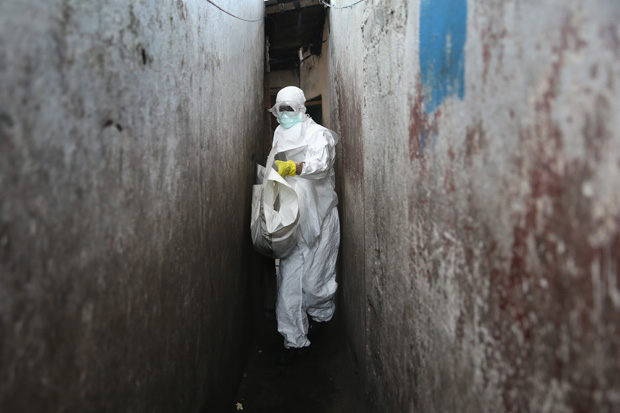
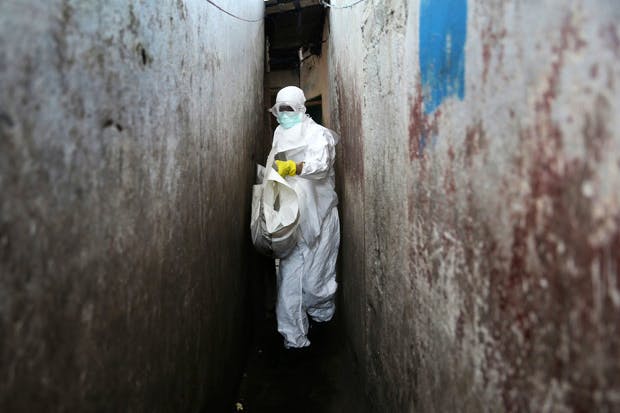

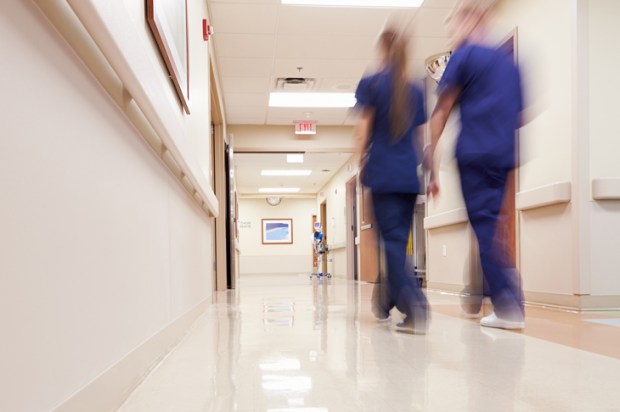

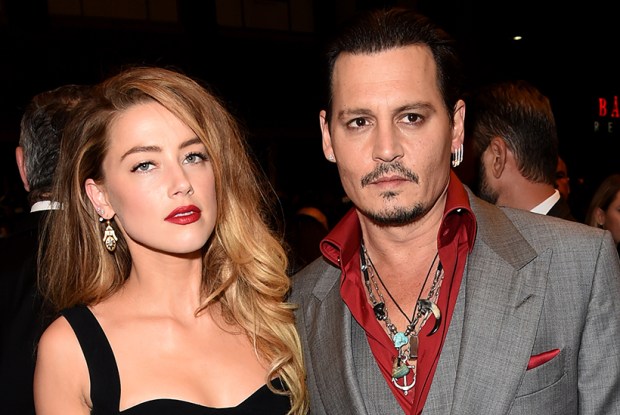
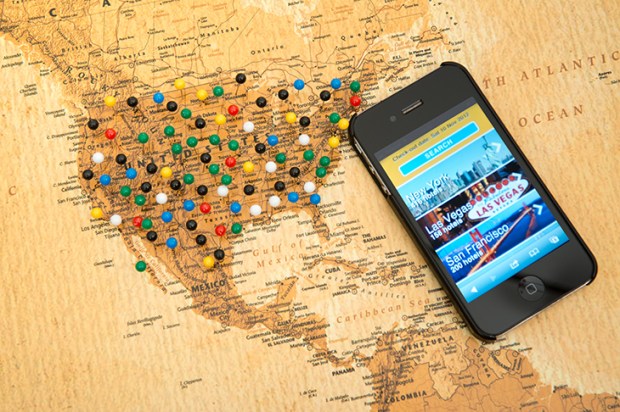






Comments
Don't miss out
Join the conversation with other Spectator Australia readers. Subscribe to leave a comment.
SUBSCRIBEAlready a subscriber? Log in